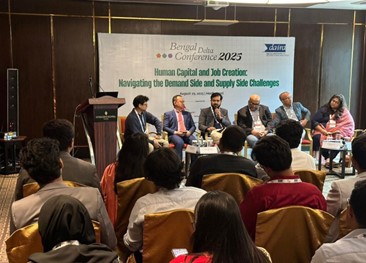BAYLA’s president urged urgent collaboration between universities and industry to close the widening gap between classroom learning and workplace needs, saying practical partnerships can give students job-ready skills and help firms find trained staff quickly. He encouraged colleges, vocational centers, and employers to start with easy, inexpensive actions that can be expanded in cities and towns. First, embed short, industry-designed practical modules into existing courses so learners practise real tools, machines and software they will use on the job. Second, expand paid internships and apprenticeships that assign meaningful tasks, include mentoring from company staff and set clear learning goals tied to certificates. Third, set up shared industry labs on campus where small firms can test prototypes and students can gain hands-on experience without long commutes. Fourth, run regular teacher training so faculty learn current industry standards and can teach with up-to-date examples and simple projects. Fifth, create placement and career services that connect students with local employers through regular job fairs, short trials and mentoring clinics. He highlighted the value of local partnerships that help small and medium factories upgrade quality by hosting short courses and using students as supervised helpers. The president asked banks, development partners and chambers to support seed grants and low-cost loans for campus labs, apprentice stipends and small firm training, so costs do not block action. He also stressed the need for digital skills, green production practices and basic soft skills such as communication, teamwork and punctuality that employers value greatly. The message urged a focus on inclusion so women and rural youth can join training through evening classes, mobile training units and local internships that reduce travel barriers. Industry leaders were encouraged to offer realistic entry-level job descriptions and simple evaluation rubrics so students and trainers know what success looks like. Quality checks and short certificates were recommended so employers trust new hires and trainees can prove what they can do without long tests. The president suggested pilot projects in a few districts to test models, gather rapid feedback and scale what works across other regions and campuses. He said clear timelines, simple monitoring and public reporting help keep partnerships honest and focused on results rather than paperwork. The aim is practical: faster job matches, higher productivity for firms, more local supplier growth and steady incomes for young people and their families. With steady partnerships, local training hubs and small investments, communities can grow new jobs close to home and firms can hire people who need less on-the-job training. The speech closed with a call to action for universities, industry and partners to meet regularly and turn plans into quick pilots that help students and factories now. Success will follow steady effort, monitoring and honest teamwork.
33


